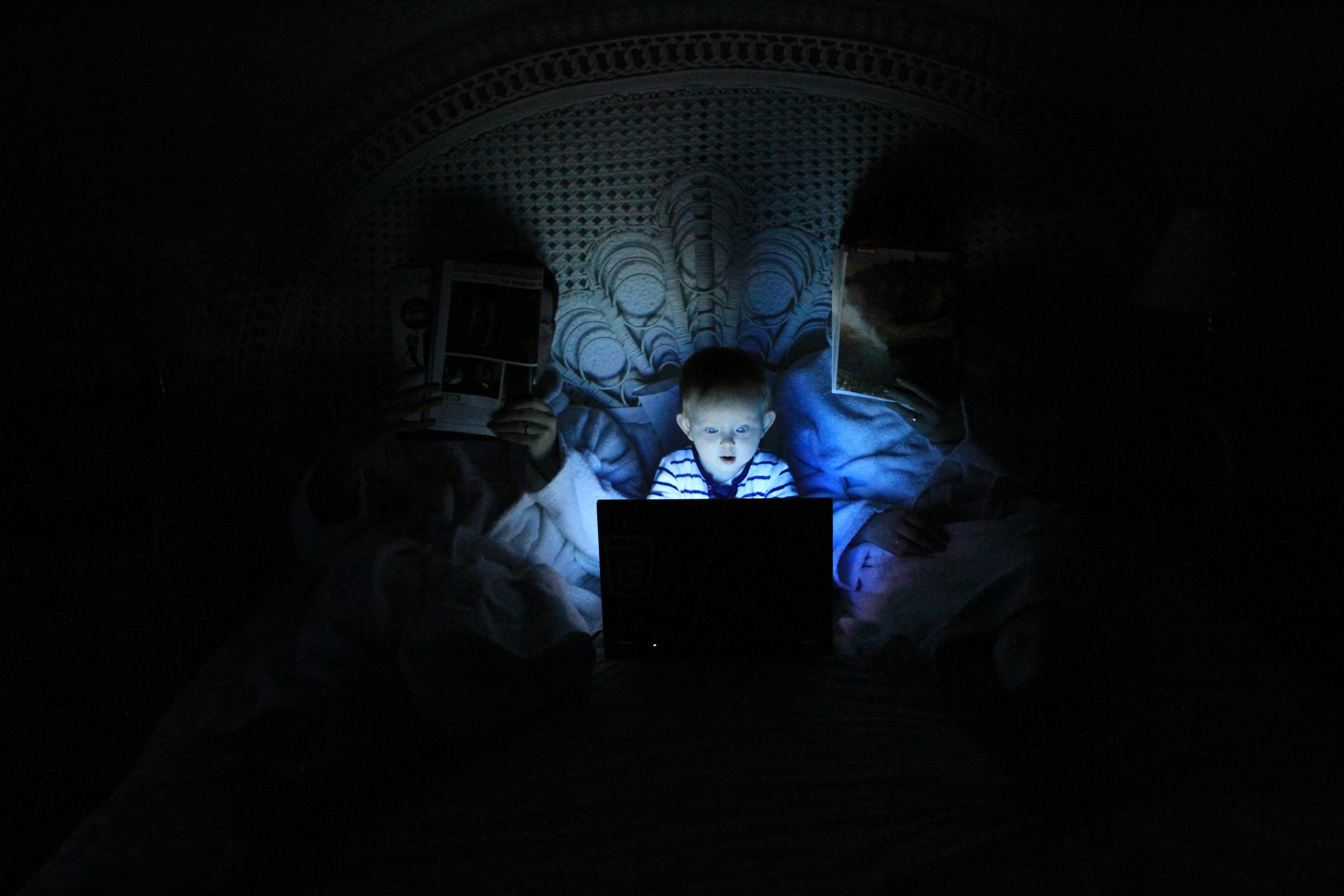News release
From:
Study finds higher income, lower parental stress and less screen use supports children’s behavioural development
A recent Motu Research study reveals how household income and screen time affect children's behavioural development.
This is the first quantitative study to address how income influences children in Aotearoa New Zealand (due to income effects on parents).
Income boosts positive behaviour
Growing up free from the burden of poverty is linked to fewer behaviour problems. Children experience fewer behavioural problems when their families have higher incomes. This link is especially strong during preschool years, a critical period for development.
Screen time: balance is key
The study found preschool children with limited screen time have fewer behavioural issues. However, children with less stressed mothers also had fewer behaviour problems, suggesting that screen use at lower levels to give parents a break (and lower stress) is unlikely to be harmful.
Maternal stress matters
Maternal stress was found to be a key contributing factor to a child’s behaviour. The research discovered that during preschool years, parenting behaviours, styles, and a mother's stress level had the greatest impact on explaining the differences in children’s behavioural outcomes across the income groups.
“It appears a higher income freed up mothers for more engaged parenting — and this was beneficial to children during preschool years, when positive engagement with adults is developmentally critical” says project lead Dr Jaimie Monk.
Screen time and behaviour problems
The research found large quantities (4+ hours per weekday) of screen time during early childhood years was associated with the greatest behaviour problems. The associations between screen use and behavioural problems were greater during the preschool years when compared with children 8+ years. At 8 years of age there was little association between screen use and behaviour problems.
Supporting parents for better outcomes
“Our society needs to support parents and lower their stress — to support children’s development. That means relieving financial pressure, and creating welfare and support systems that decrease, rather than increase stress.” says Dr Monk.
Screen use was found to be detrimental in high doses but needs to be considered in the context of parents’ stress. “Our findings suggest that using screen time with preschool children in small doses to help parents get a break, and so create a calmer household environment, is more likely to be beneficial than harmful. Reducing household stress is key, and if that means a child watches a screen for half an hour, so a parent can have a cup of tea, or cook dinner in peace, then that’s a good thing. Having a screen on all day, every day is the real issue,” she says.
Policy implications
This research will contribute to policy discussions on the crucial first 1,000 days of a child's life, highlighting the need to consider both financial support and stress reduction for parents.



 New Zealand
New Zealand


